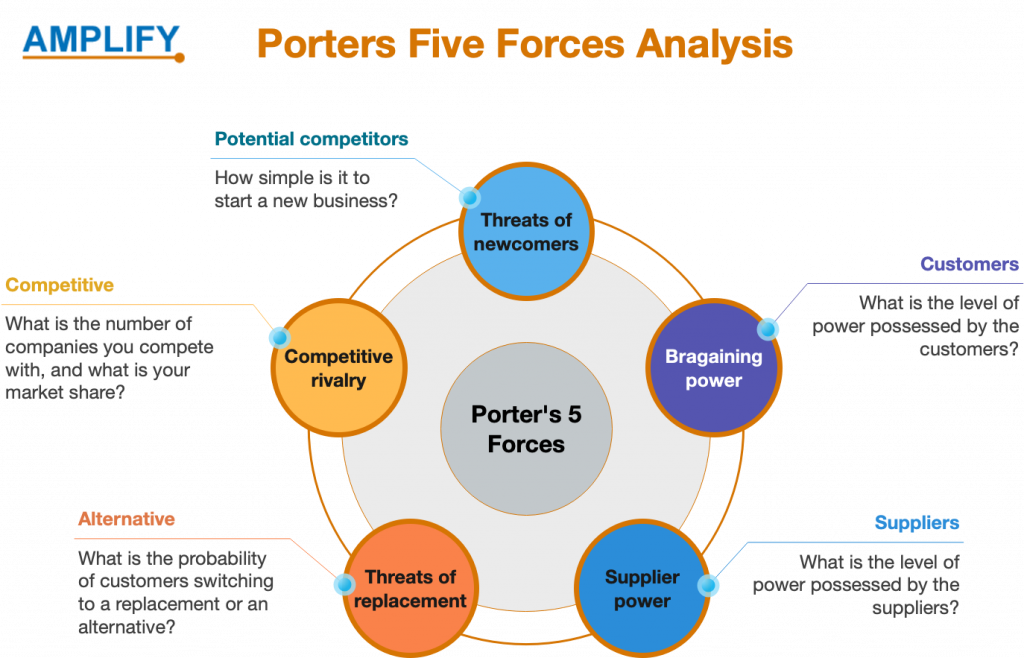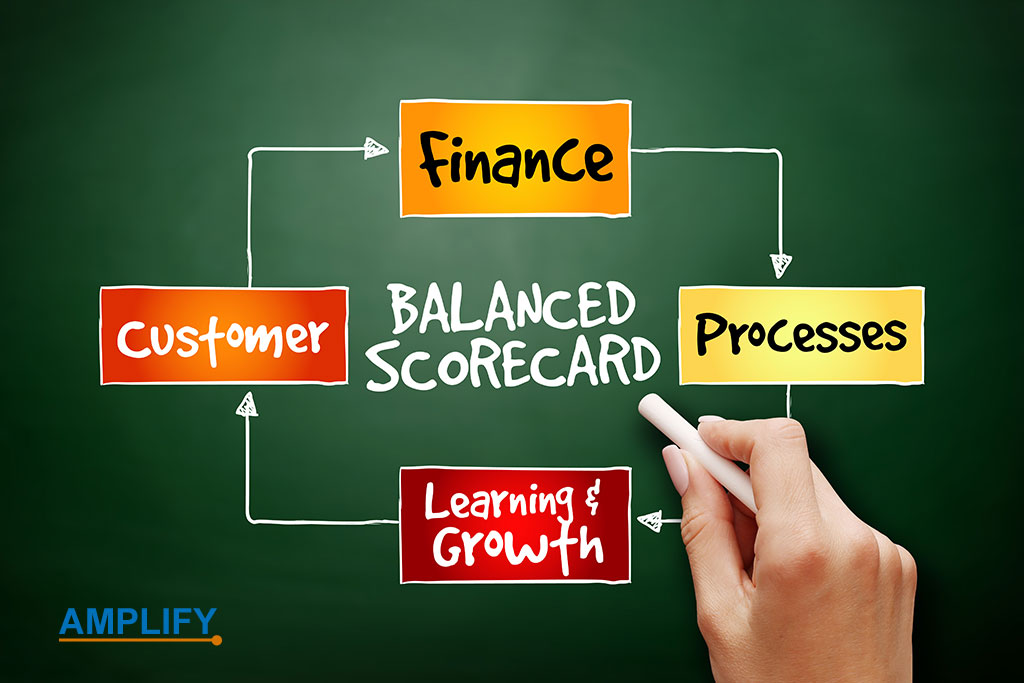Unlocking the Power of CRM
Ever wondered what CRM really means for businesses? CRM, or Customer Relationship Management, is more than just software. It’s the heart of maintaining meaningful customer interactions.

CRM: Beyond the Basics
In the past, businesses played a tricky juggling game. They used a range of tools for varied tasks, from tracking support tickets to managing leads. But what about today? Now, CRM software like Salesforce amalgamates these functions into one cohesive platform.
The Journey of CRM Tools
Transitioning from cumbersome setups of yesteryears, contemporary Software-as-a-Service (SaaS) CRMs ensure a seamless start. The beauty lies in their adaptability. As your business flourishes, these tools flexibly shift roles, catering from basic inventory management to larger organizational undertakings. The best part? Whether you start with HubSpot or advance to Salesforce, the data journey is mostly uninterrupted.
Must-have CRM Features
- Capturing the Details: Contemporary CRMs aren’t just about contacts. They embody the spirit of pioneers like Oracle, encapsulating pivotal client information.
- Seamless Lead Integration: The age of manual data input? Gone! Now, web form data integrates effortlessly.
- Smart Lead Allocation: What makes a CRM stand out? Its ability to assign the right leads to the apt sellers.
- Lead Dynamics: Today’s CRM doesn’t just manage leads—it understands them, gauging interactions to shape sales strategies.
- Talk Automation: Targeted, timely, and automated emails? Yes, that’s the modern CRM for you!
- Harmonious Sync: In this digital age, a CRM’s true power lies in its seamless connectivity with other apps.
- Quoting Made Easy: Say goodbye to scattered sales data. It’s all centralized now!
- Gaining Deeper Insights: A growing business demands comprehensive insights, and CRMs deliver just that.
- Universal Access: A nod to inclusivity, CRMs now offer functionalities for everyone.
- Always On-the-Go: With mobile integrations, CRMs ensure you’re updated anytime, anywhere.
- Safety First: Compliance, especially with norms like GDPR, is non-negotiable.
Why Sales Teams Root for CRMs
It’s fascinating how CRMs have journeyed from mere tools to robust ecosystems. They don’t just manage pre-sales; they also capture post-sales interactions. And while CRM is a powerhouse, it’s often complemented by ERP systems, offering a broader organizational view. And yes, financial platforms like QuickBooks? They’re in sync with CRMs too, ensuring financial cohesion.
Balancing the Budget with Sales Aspirations
Embarking on a business venture is financially daunting. It’s prudent to start lean, yet it’s equally critical to have a keen eye on sales data. Select a CRM that evolves with you. As teams diversify, your CRM strategy should too. And while simplicity has its charm, automation is your ally when the need arises. Always prioritize core functions, but as growth beckons, a refined CRM is your ticket to success.
FAQs
- What is CRM? CRM, or Customer Relationship Management, is both a strategy and a software system that focuses on managing customer interactions.
- How have CRMs evolved over the years? CRMs have transitioned from basic contact management tools to comprehensive systems that integrate with various business functions.
- Why is choosing the right CRM crucial for businesses? The right CRM aligns sales strategies with company values, ensuring enhanced performance and streamlined operations.
An effective CRM isn’t just a tool—it’s a transformative game changer. Paired with a dynamic sales team, a CRM serves as the linchpin between traditional business wisdom and modern-day success. This isn’t merely data management; it’s about genuinely understanding and propelling businesses forward into tomorrow. Ready to harness the power of CRM for your future success? Click here for more information and unlock the potential of tomorrow, today.



















